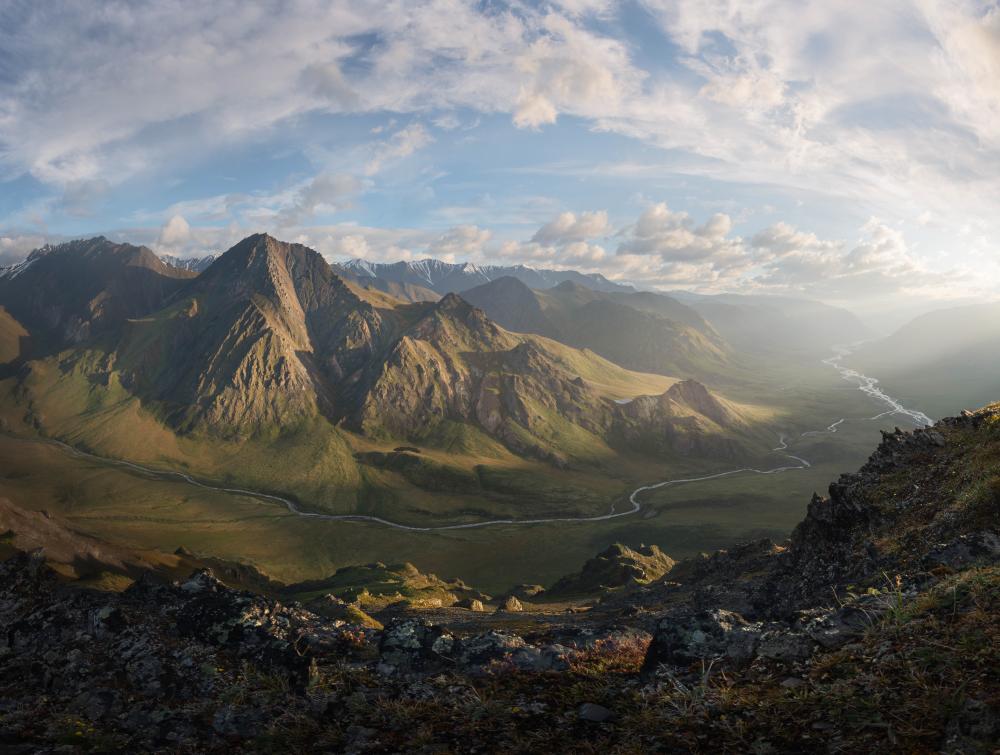Press Release
Interior opens heart of Arctic Refuge to development

Arctic National Wildlife Refuge
Mason Cummings, TWS
This decision poses a grave threat to the calving grounds of the Porcupine Caribou Herd that supports the region’s Indigenous communities, their cultures and their ways of life.
U.S. Secretary of the Interior Doug Burgum announced today that his department is repealing the Biden administration’s Record of Decision for the Arctic National Wildlife Refuge oil and gas leading program, and opening the refuge’s entire 1.5 million-acre, environmentally sensitive coastal plain to industrial development.
This decision poses a grave threat to the calving grounds of the Porcupine Caribou Herd that supports the region’s Indigenous communities, their cultures and their ways of life.
In response to Burgum’s announcement, The Wilderness Society released the following statement from Alaska Senior Manager Meda DeWitt:
“This decision is a direct attack on the Gwich’in, Iñupiaq, and all Indigenous peoples who have lived in deep relationship with the Arctic since time immemorial. Once again, this administration is placing corporate interests above the lives, cultures and spiritual responsibilities of the people whose survival depends on the Porcupine Caribou Herd, the freedom to live from this land and the health of the Arctic Refuge."
At 19.3 million acres, the Arctic Refuge is America’s largest wildlife refuge and provides habitat for caribou, polar bear and migrating birds from across the globe, and a diverse range of wilderness lands.
Oil and gas drilling would have devastating impacts on this intact and fragile ecosystem, caused by the massive infrastructure needed to extract and transport oil, as well as inevitable spills of oil and other toxic substances.
Join the movement
to save our wildlands
